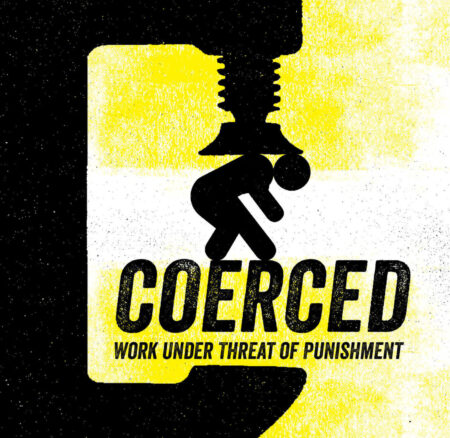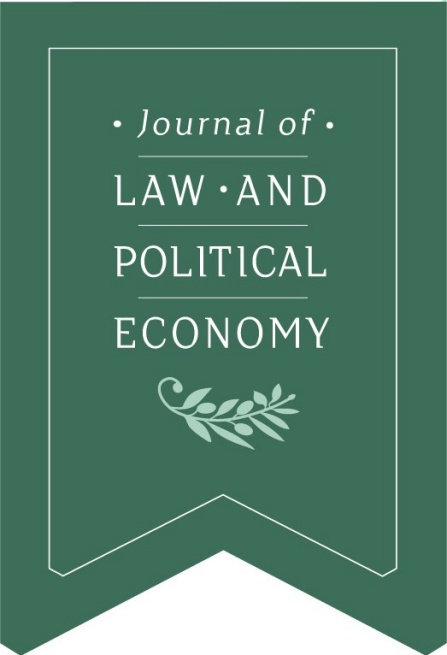Employers wield power over workers by virtue of control over their institutional status and not solely, or even principally, by virtue of the power to cut off wages. Yet, in attempting to distinguish "status" and "economic" coercion, we must avoid the idea that status is implicitly non-economic and the economy operates apart from the social.
Luke Herrine, Noah Zatz, Veena Dubal, Blake Emerson, Diana Reddy, Nate Holdren, Caroline Grueskin, and Charlotte Garden offer their initial reactions to the Court's decision blocking OSHA's vaccine-or-test mandate.
Embracing the terms “economy” and “political economy,” as LPE has done, risks invoking just the kind of separate, reified realm that we are trying to critique. In our view, defining “the economy,” and studying how legal institutions have done so, should be central issues that LPE scholarship aims to address.
The threat of precarious work does not come exclusively from marketization swamping a shrinking welfare and regulatory state. It comes as well from a metastasizing and thoroughly racialized carceral state, one that simultaneously speaks the language of public violence and sings in the liberal key of choice. Even critical accounts of the criminal legal system fail to fully capture the relevance of this dynamic, focusing only on how it produces economic exclusion, not also incorporation on subordinated terms.
It would be ironic indeed if a UBI slipped quickly through the fingers of lower-income people of color and into the coffers of jurisdictions most aggressively criminalizing poverty. This would negate UBI’s ability to facilitate work refusal because UBI—devoured by debt—would no longer be available to meet basic needs without a wage (or connection to a wage-earner). Moreover, this negation’s radically unequal racial distribution would mock UBI’s pretensions to universalism. Substantive universality requires more than formal inclusion and nominally equal payments. It requires cash receipts that deliver equal capacity to refuse work.
This week we’re opening up a symposium on universal basic income (UBI). UBI is both an important topic in its own right and a useful lens for examining recurrent virtues and vices in projects of partial decommodification and universal provision. This post situates the discussion.




